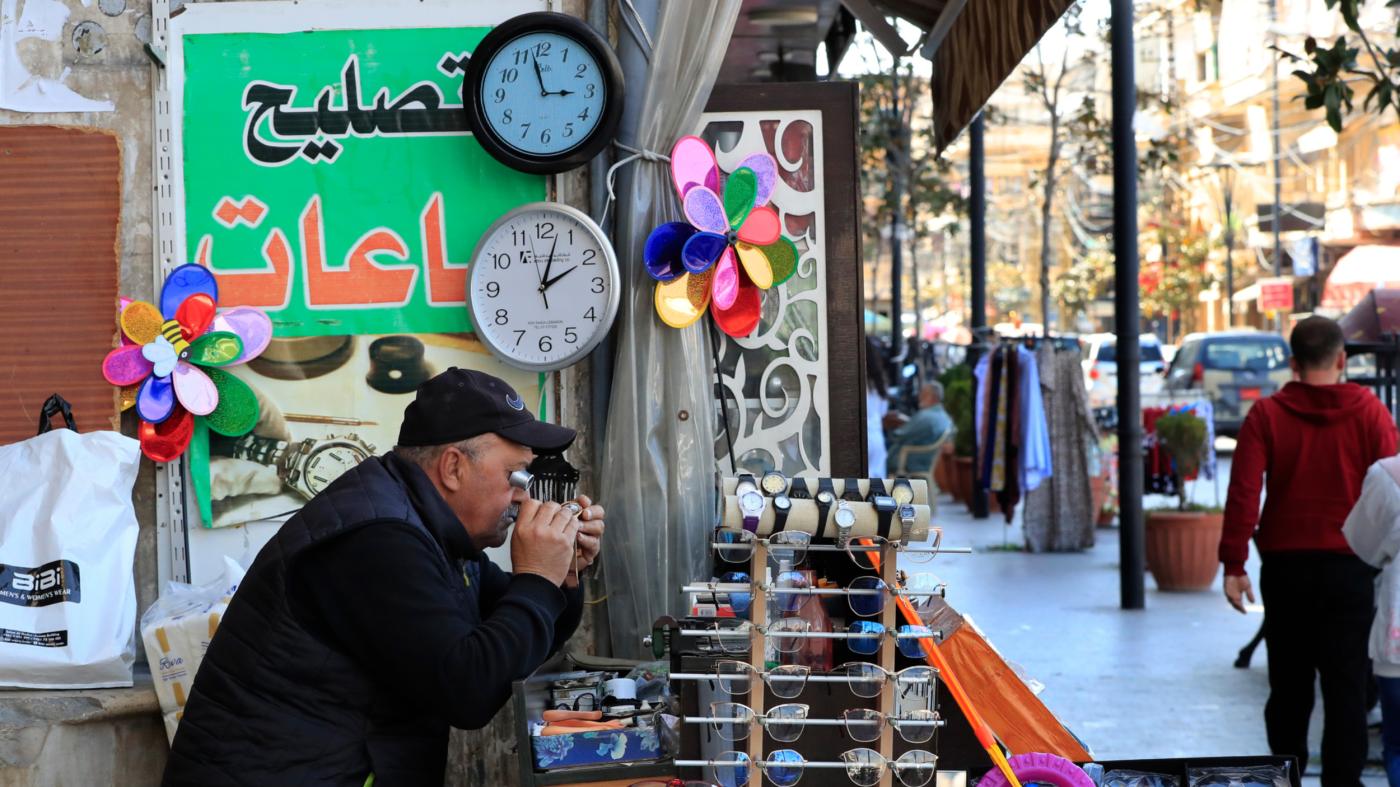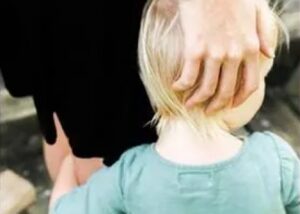The caretaker prime minister of Lebanon declared on Monday that time will advance by one hour on Wednesday night, reversing a previously divisive choice to delay daylight saving time (DST) by a month.
Najib Mikati claimed that the decision was made after a “calm conversation” following a contentious discussion over the weekend.
Last week, Mikati shocked many when he said that he would postpone the beginning of Daylight Saving Time (DST) by a month so that Muslims might break their fast one hour earlier, at roughly 18:00 instead of 19:00, when the sun sets.
The decision took many companies off guard, and many of them, including many Christian churches, chose not to follow the government and shifted their clocks ahead by an hour.The government’s decision, which has been extensively criticized for its lack of forethought, has also been rejected by a number of other prominent media outlets. Several of these publications said in a statement that they would “resist the decision of the [caretaker] prime minister.”
A leaked video of a conversation between Mikati and Parliament Speaker Nabih Berri showed Berri requesting Mikati to delay the introduction of daylight saving time so that Muslims might break their Ramadan fast an hour earlier, despite the fact that no official justification for the decision was provided.
The holy month of Islam begins on March 22 and ended on April 21.
On Monday, Mikati said that moving back DST was done to “relieve people fasting throughout the month of Ramadan for an hour,” but he stressed that this decision was not made for sectarian reasons. Both Berri and Mikati are Muslims.
In addition, the caretaker PM claimed that Lebanon’s issue “is not winter or summer time, but the government’s incapacity to elect a president and create a new administration.
Since September, Lebanese MPs have failed to elect a president 11 times in a row since no party has a majority in parliament.
Delivering unbiased, unmatched coverage and analysis of the Middle East, North Africa, and beyond is Middle East Eye. For further information, see “Republishing This Content,”





